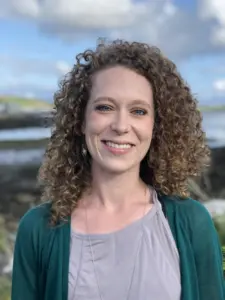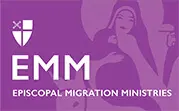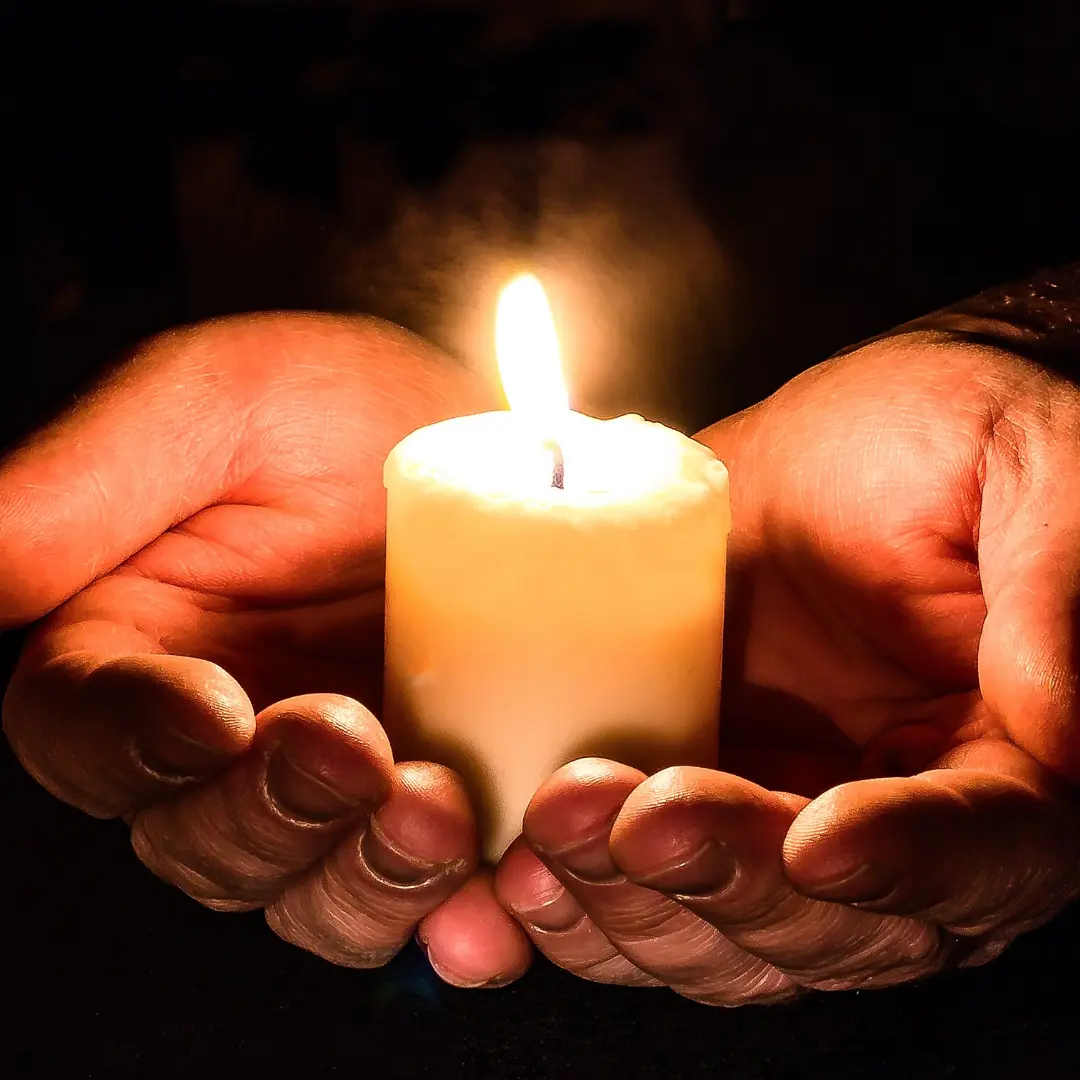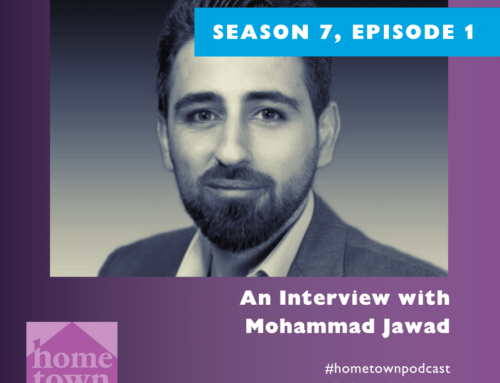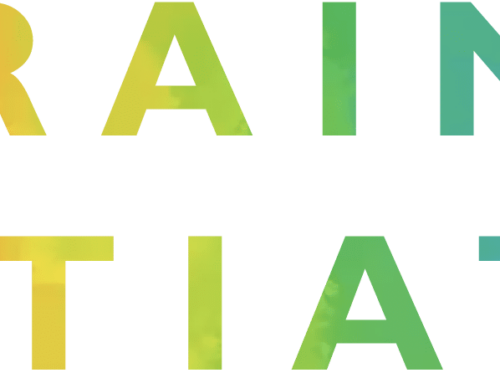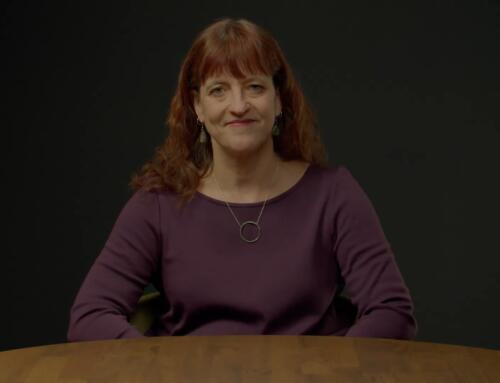April 6, 2020
Dear friends,
As we begin our journey through Holy Week, it already feels like we’ve been here – like we’ve been in Good Friday now for many, many days. And if we ourselves haven’t, our hearts ache for our friends, our neighbors, for newcomers and migrants the world over whose worlds suddenly descended into darkness, if their worlds weren’t already there.
It is a painful, scary, and dark time. As a colleague recently said on one of the now ubiquitous Zoom calls many find themselves on, “This is happening to us.” For so many of us, our work, our lives, and our vocations are focused on helping those who are going through the darkest and most challenging moments of their lives. But, right now, the disaster is happening to all of us. And we know some will be hurt far more than others.
Two things give me hope right now. The first is knowing that this Good Friday moment won’t last forever, that light triumphs over darkness, and life over death. As followers of Jesus, this is the bedrock Truth of our faith. Even in the darkness, we see pinpricks of light giving way to great bright beams: we see helpers rushing in to help.
That’s the second thing that gives me hope: the helpers.
Mr. Rogers said, “When I was a boy and I would see scary things in the news, my mother would say to me, ‘Look for the helpers. You will always find people who are helping.’”
Our helpers are everywhere: our front-line healthcare workers; our critical national infrastructure workers – folks who work for grocery stores, shipping companies, truck drivers; janitorial and cleaning staff who keep buildings clean and safe; our teachers who continue to provide remote support to their students; our restaurant staff who continue to prepare meals for take-out and delivery, and so, so many more.
I can’t get you the exact figure, but I can guarantee you this: a large percentage of these helpers are our immigrant neighbors. Refugees resettled to the United States who are now saving our lives. First and second generation Americans stocking our grocery store shelves. Agricultural workers ensuring our food supply chains remain strong. Immigrant parents cleaning our hospitals. Newcomer workers building our field hospitals and staging areas and feeding our healthcare workers.
To these brave new American neighbors of ours, thank you.
To all of our front-line healthcare and critical national infrastructure workers, thank you.
We all have an opportunity now to step forward and be helpers. Our newcomer neighbors are part of some of the vulnerable communities who are going to be hardest hit by this health and economic crisis. Our 13 refugee resettlement affiliates need your help. They are the heroes who, in extremely difficult circumstances, continue to provide virtual case management, material needs support, and other services to our newest neighbors. In a time of great anxiety and fear in refugee and immigrant communities, they are the front-line responders. They are the helpers.
And now, we can be helpers to them.
Below we provide the links to each of our local affiliates and ways to donate online to support their vital work. In the coming days, we hope to share with you additional ways you can help.
For now, please join me in being a helper and making a donation to one, several, or all of EMM’s local affiliates.
Thank you for being the helpers. Thank you for being EMM’s friends and supporters – for your prayers, your support of our affiliates at this time, and for your ongoing advocacy and support of the ministry of welcome.
We hold you in our prayers this Holy Week.
In peace,
Allison Duvall
EMM Manager for Church Relations and Engagement
Donate online through our partner links below:
- Interfaith Refugee and Immigrant Services
- Lutheran Social Services of the Southwest Refugee Services
- Diocese of Olympia Refugee Resettlement Office
- MCC- Refugee Services
- Refugee Services of Texas
- Interfaith Ministries for Greater Houston
- Interfaith Refugee Ministry
- Bridge Refugee Services
- Interfaith Works of Central New York
- Integrated Refugee and Immigrant Services
- Agency for New Americans
- Saint Francis Migration Ministries
